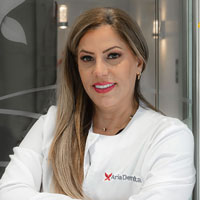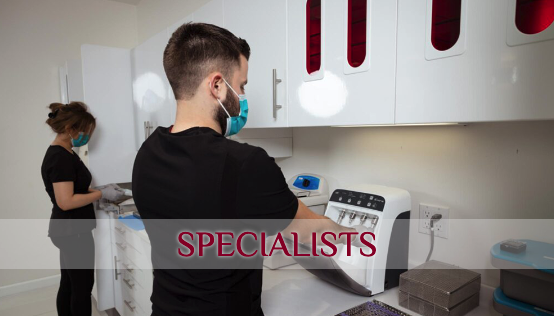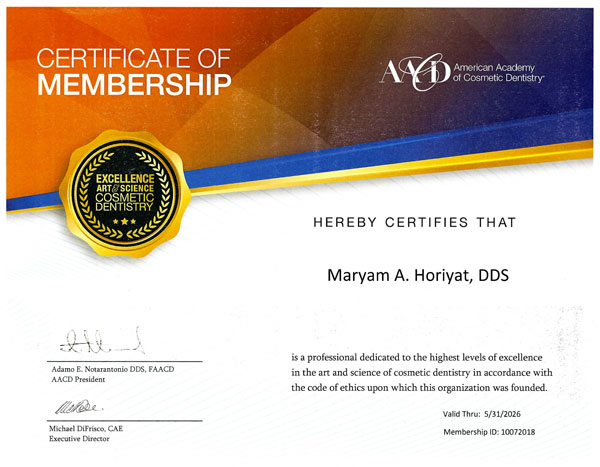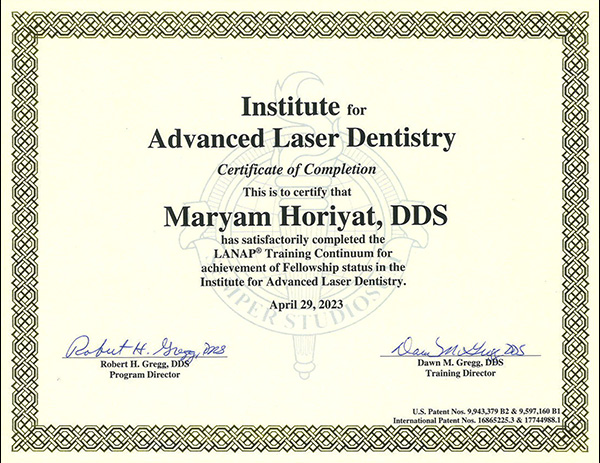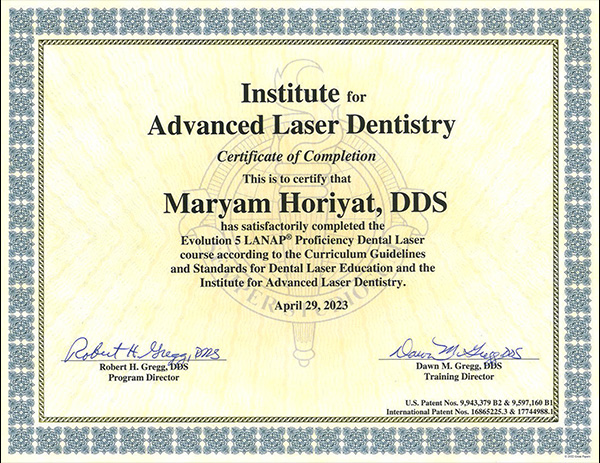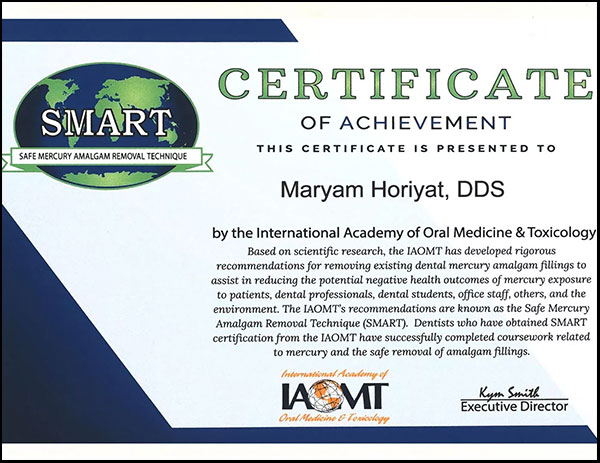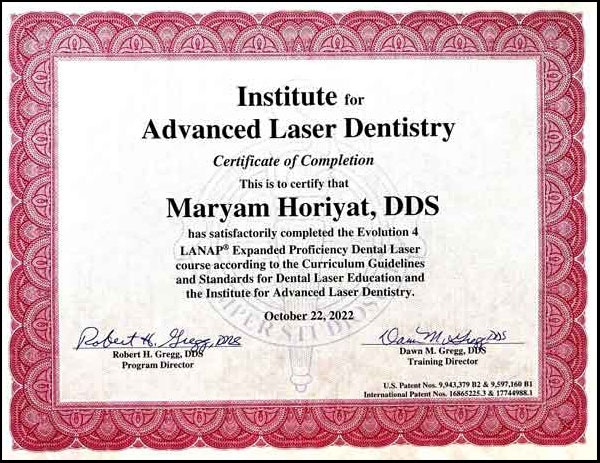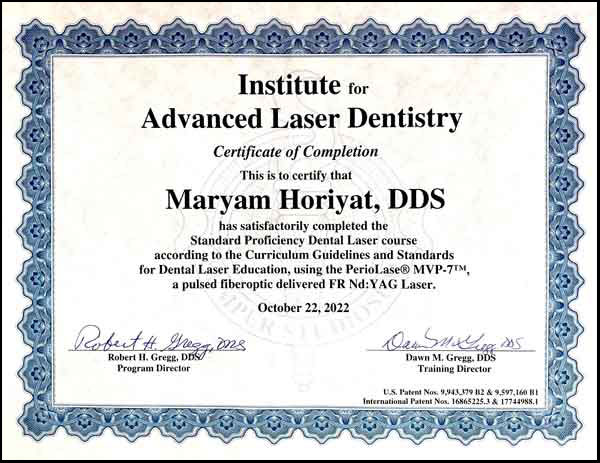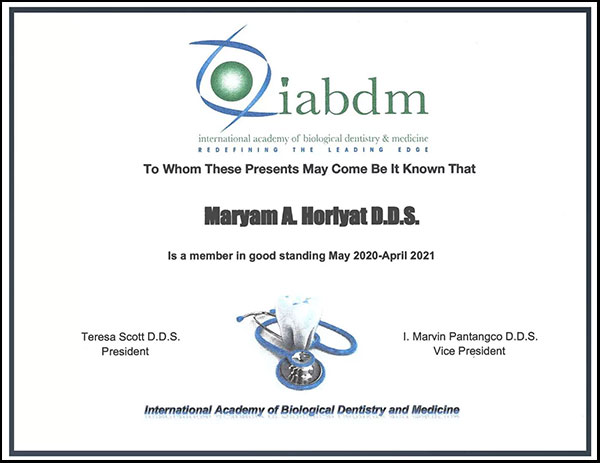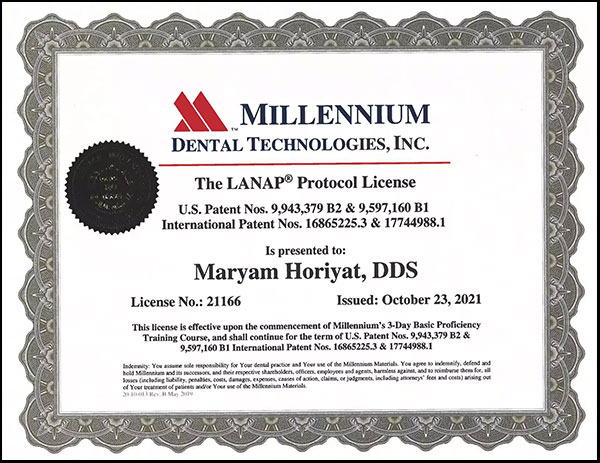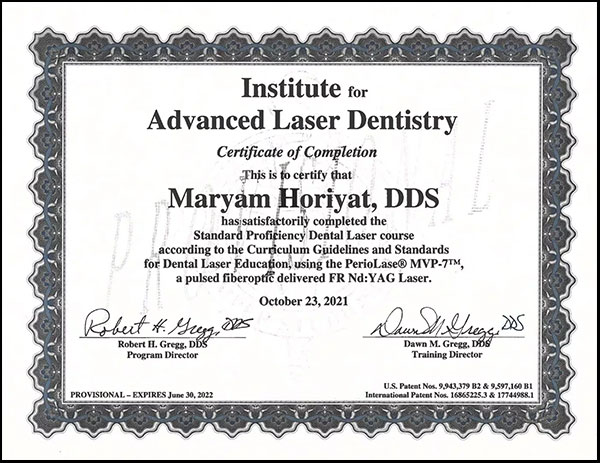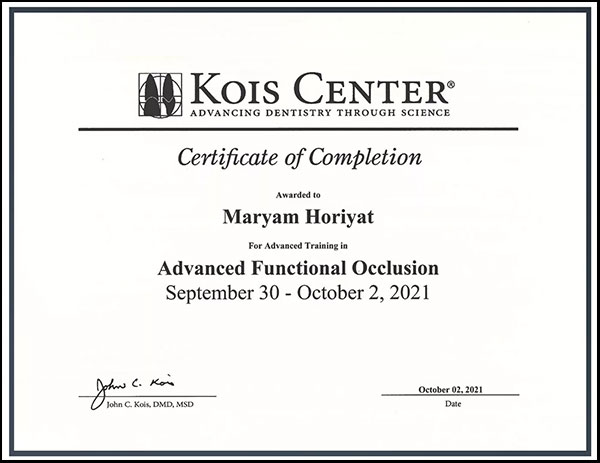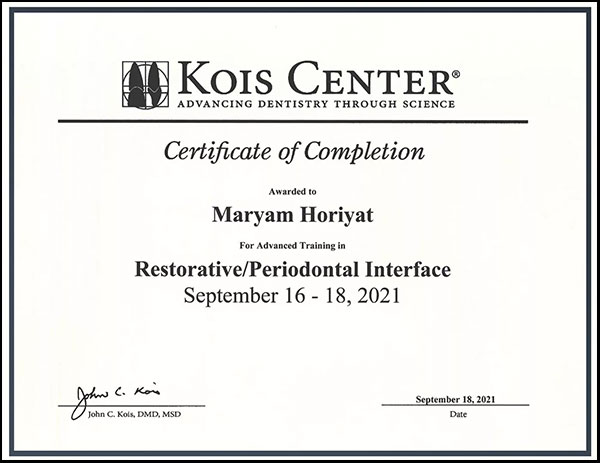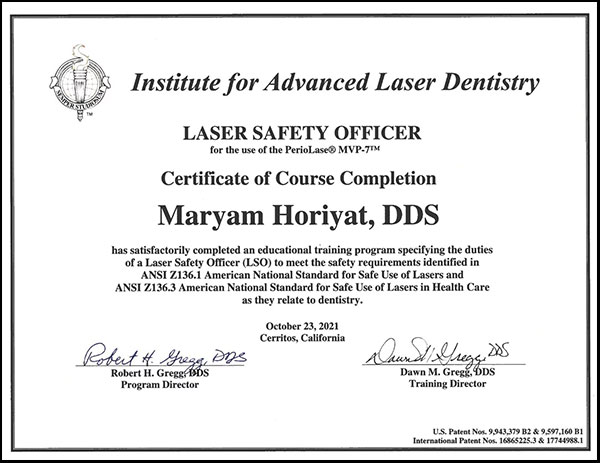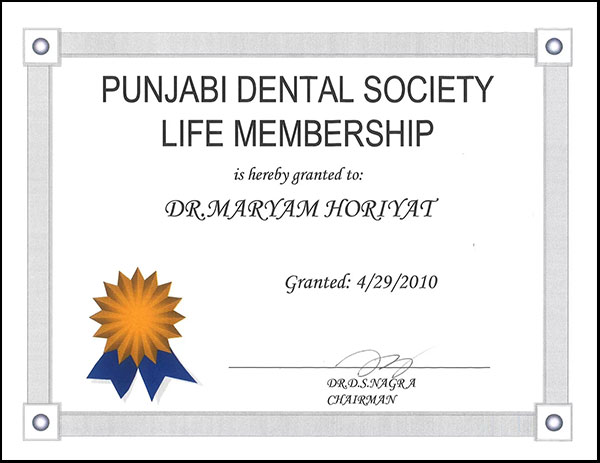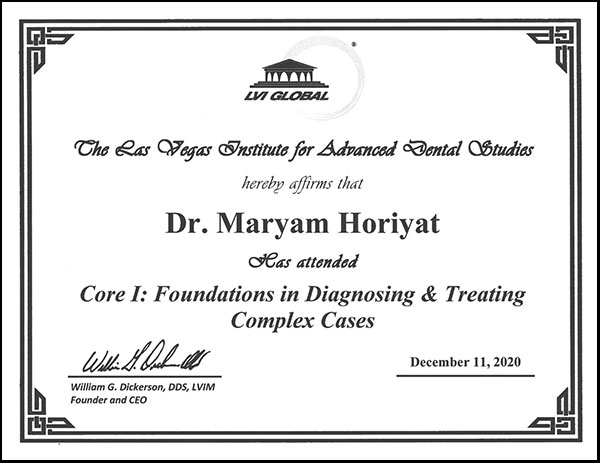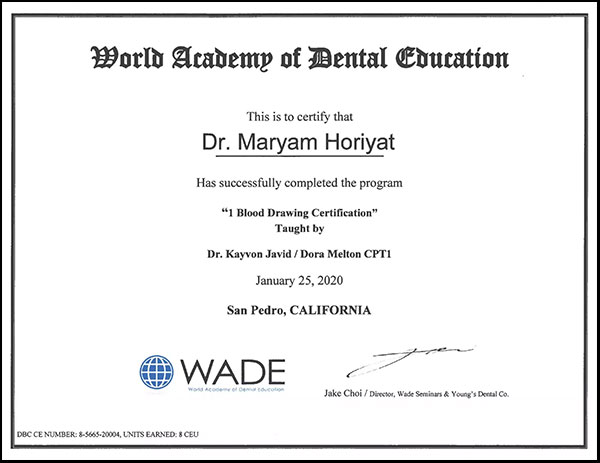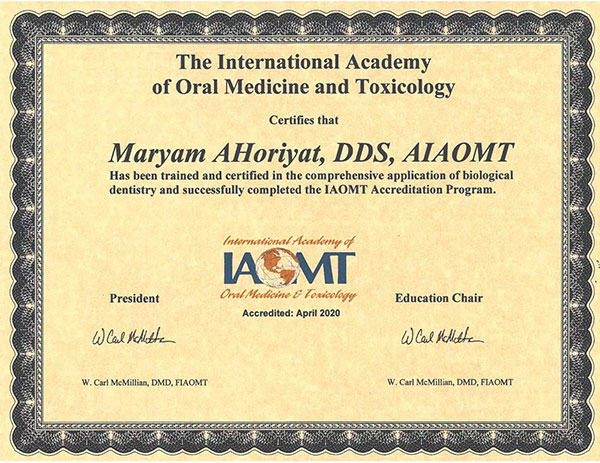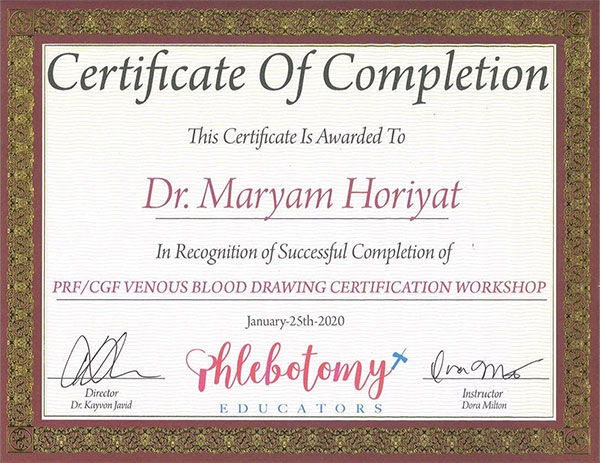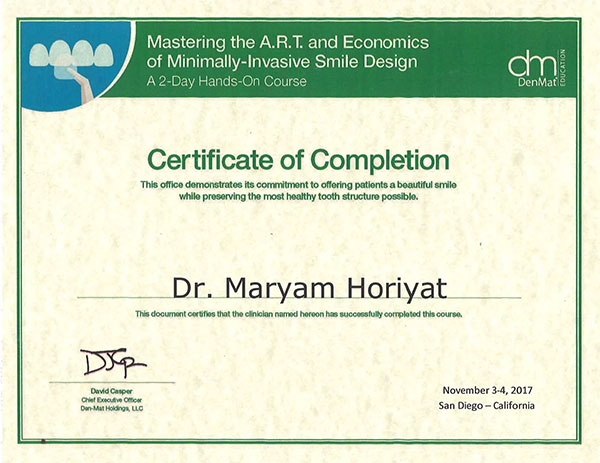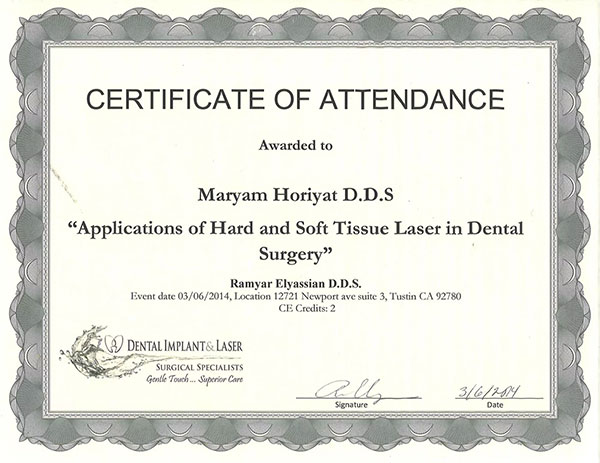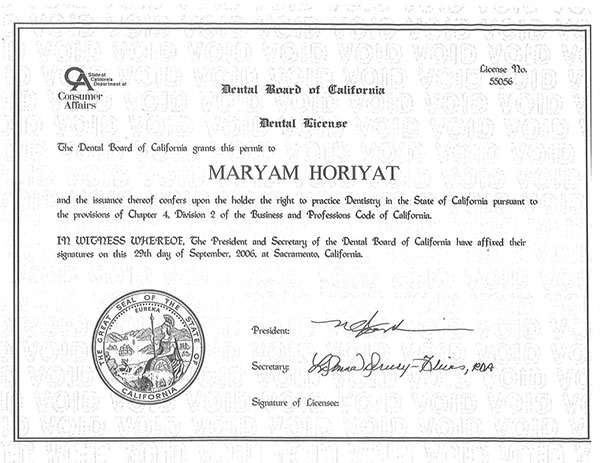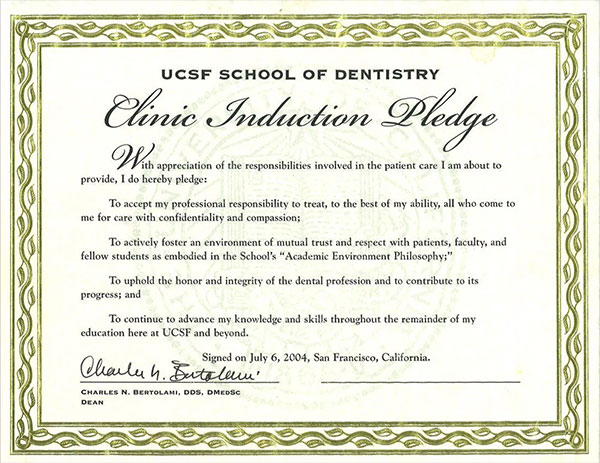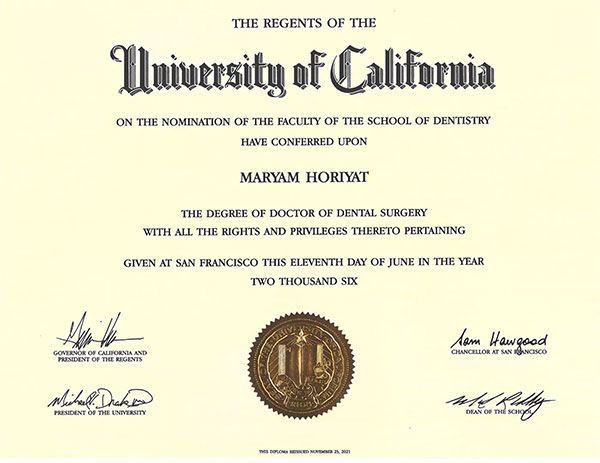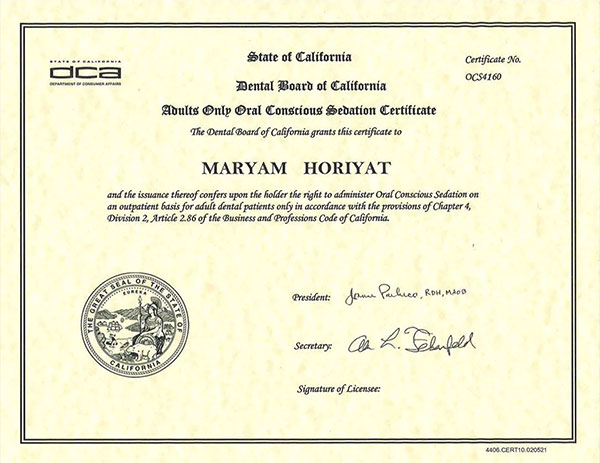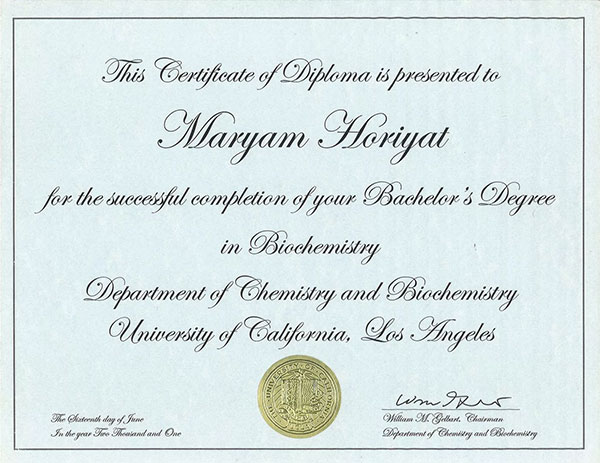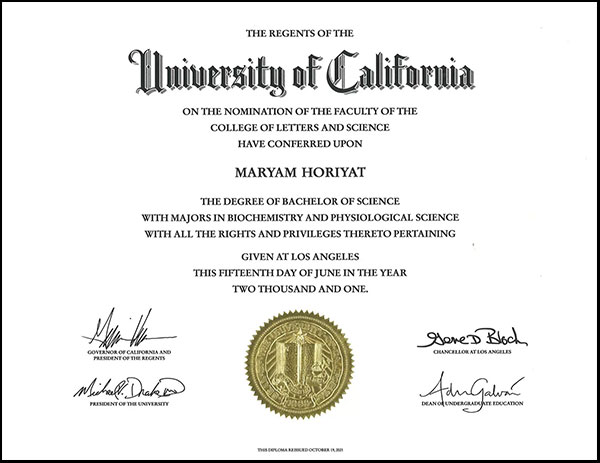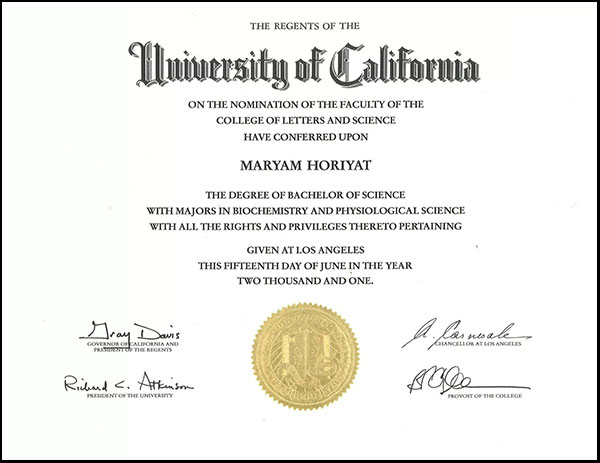Alternative Medicine for Oral Care
Dentistry has come a long way from past to present in providing care to patients. Now our focus has changed to the preservation of tooth by treatments such as root canal, cosmetic filling, full mouth bridge, and more and more, but most of us fail to realize that associated with the oral disorder is the various system of the body that work continuously for maintaining the dental health of a person. One may wonder how Complementary and Alternative Medicine (CAM) can be beneficial in dentistry. CAM may offer great benefits for the outcome of dental treatments since the treatment of dental disease does not depend only on the use of modern dental services.
Complementary and Alternative medicine is a group of diverse medical and health care systems, practices, and products that are not considered to be part of conventional medicine. The CAM system includes:
Homeopathic Remedies
Meaning of Homeopathy
The term Homeopathy comes from the Greek roots Homoios, meaning similar, and Pathos meaning suffering and sickness. Samual Christian Friedrih Hahnemann, a German physician, formulated the theory of homeopathy in the 1800s. Homeopathy treatments are based on three principles:
This principle states that like cures like, which means that the correct remedy for a person’s disease is that substance that produces in a healthy person.
This principle state that medicine must be simple and single substance since collective effect of a mixture of different substances would be different.
This primal and vital force is dynamic, immaterial, energetic, spirit-like force that embodies the essence of life and all its metabolic and functional activities. The dynamic nature of the Vital Force allows us to respond to all influential factors but instantaneously in a holistic way. The derangement of this vital force led to abnormal sensation and body function which constitute the disease.
What Are Homeopathic Remedies?
The fundamental of homeopathy is knowing and understanding symptoms, how they happen, and how they affect the body physically, psychologically, mentally, and emotionally; it is a medical system that utilizes a person’s basic healing properties to achieve optimum health. Homeopathy remedies are a safe, natural alternative, non-addictive, and curative form of medicine to promote overall health & well-being in both adults and children. The remedies used in homeopathy are dilutions of natural substances derived from vegetable or mineral sources, not drugs or chemicals.
In dentistry, homeopathy remedies are natural alternatives and biocompatible approaches to oral prevention and treatment. According to studies, many benefits effectively help patients without toxic side effects or being invasive. Homeopathy remedies help patients with the management of conditions affecting orofacial structures by providing rapid relief. Some of the homeopathy remedies in oral care are used for:
Belladonna – Best used for an early dental abscess with redness and throbbing.
Bryonia – For acute inflammation or if pricking pain is relieved by firm pressure.
Hepar Sulphuris – For abscess with pus formation.
Myristica – For swelling is with numbness of the area.
Pulsatilla – For pain when accentuated by heat and relieved by cold water.
Pyrogenium – For pus without drainage.
Aconite AND Argentum Nitricum – For high-stress cases that includes extreme dental fear, anxiety, panic attacks, or nervousness.
Arsenicum Album – Helps relieve fear, stress, and extreme restlessness and it is often associated with a patient who is anxious over their health.
Calcarea Carbonica – For patients who are apprehensive to get dental work.
Chamomile, Passionflower, and Oats – Used to help cure insomnia the night before dental treatment.
Gelsemium (Yellow Jasmine) – Used for patients with tension and anxiety who feel a loss of control.
Ignatia – For patients who are easily excitable or suffer from erratic behavior.
Kava – Works as a muscle relaxant; it helps you sleep and can also reduce pain sensitivity. Kava is also strongly known for anxiety relief. It is not recommended to treat ongoing depression, as it can cause damage to the skin, eyes, liver, or spine.
Phosphorus and silica – For treating several types of anxiety.
Valerian – For insomnia and anxiety relief and used a common sedative.
Carbolic Acid – For bad breath with constipation
Carboveg – For bad breath due to gum infection and swelling
Hepar Sulph & Carbo Veg – For bad breath with gum infection
Merc Sol – For bad breath with a moist mouth
Nux Vomica – For bad breath in the morning and for a person who feels cold
Kreosote– For bad breath-form decayed teeth or cavities
Pulsatilla – For bad breath with a dry mouth
Sulphur – For bad breath after eating and for patients who are hot-blooded with heated sensations in the body
Apis Mellifica – Good for post-injection soreness after dental work.
Chamomilla – Given to patient with low pain threshold about one hour prior to a dental appointment. It also expedites the wearing off of the numbness following the dental appointment.
Hypericum – Used for the injured nerve.
Ledum – For puncture wounds and soreness from a dental injection.
Magnesia Phosphorica – Use for stiff, sore jaws following prolonged dental work when the muscles are cramped and feel better with warmth.
Staphysagria – For incision-type wounds after soft tissue surgery.
Symphytum – For trauma of bone and periosteum.
Arum Triphyllum – For pain in joint on swallowing.
Calcarea Flourica – For hypermobile joints
Calcarea Phosphorica – When mouth cannot be opened without pain.
Carbo Vegetabilis – For vertigo with nausea and tinnitus.
Chamomilla – For low pain threshold and when unbearable spasms of pain radiating into the ears.
Cuprum Metallicum – For trismus of muscles.
Granatum – For painful cracking of the joint.
Magnesium Phosphorica – For muscle spasms.
Phytolacca Decanda – For earaches with pain extending into teeth, jaw, and throat.
Rhus Toxicodendron – Use for joint stiffness that improves with movement and for popping” of TMJ.
Belladonna – For the grinding problem with painful teeth.
Podophyllum – For night grinding with a burning sensation of the tongue.
Tuberculinum – For children who grind their teeth.
Arsenicum Album – For bleeding and unhealthy gums.
China – For bleeding gum tissues
Ferrum Phosphoricum – For poor gum tone or gums that bleed after brushing.
Hypericum – For tender gum tissue and to promote healing.
Kali Chloricum – For acute ulcerative tissue.
Naturium Muriaticum – Tissue integrity.
Hepar Sulphuris – Tissue with suppuration, chronic abscesses.
Silicea – Periodontal abscess with swollen glands.
Staphysagria – Loose teeth while pain increased by pressure.
Symphytum – Injuries to periosteum. Stimulates growth of epithelium on ulcerated surfaces.
Mercurius Solubilis – For acute ulcerative tissue with a coated tongue and metallic taste in the mouth.
Nux Vomica – For swollen painful gums when the back of the tongue has a whitish coating and when the patient consumes a lot of stimulants such as coffee and tea.
Phosphorus – For swollen gums that bleed easily, and when saliva overproduced
Ruta Graveolens – For injured bone and dry socket.
Aconite – Trigeminal neuralgia
Aranea Diadema – For radiating pain in the right side of the face that is aggravated by cold. Also use for sudden, severe pain in the teeth at night after lying down.
Cuprum Metallicum – For muscle cramping.
Gelsemium Sempervirens – For headache and pain relief of the upper back and neck, which extends over the head, and for dizziness and numbness.
Ignacia – For headache feeling nail going to the side of the head.
Lachesis – Complain in the left side
Lycopodium – Complain in the right side
Magnesia Phosphorus – For spasmodic pains made worse by cold water and made better by heat and rubbing.
Sanguinaria – Right-sided neuralgia-facial migraine.
Spigelia – Use for pain involving the eye, cheek, and left temple areas.
Zincum Phosphoricum – Sharp pains on right side of the head.
Zincum Valerian – Sharp pains on the left side of the head.
Baryta Carbonica – For excessive saliva during sleep.
Bryonia alba – For an extremely dry mouth, with dryness of mucous membranes and great thirst.
Phosphorus – For hypersalivation and when gums are swollen and bleed easily.
Pulsatilla – For diminished saliva with no thirst.
Calcarea Carbonica – For delayed eruption.
Chamomilla – For difficult teething.
Zincum Metallicum – For teeth gritting during difficult eruption and associated with loose teeth and bleeding gums.
Disclaimer: Here at Aria Dental, we would like to note that only your prescribing doctor should take you off any medications you are currently taking. We encourage each patient to do their own research as to whether these homeopathic remedies are right for them or not and consult with their medical doctors. We have not studied and researched any of these remedies and we do not take any responsibility.
Herbal Remedies and CBD
Holistic Methods to Alleviate Tooth Pain Naturally
An herbal approach to medicine has been used for centuries to cure diseases, and it was even used in America until about the 1950s when modern pharmaceuticals entered the healthcare scene. Many modern drugs come with undesirable side effects, drug dependency, and addiction, which usually force people to take additional medication to curb those effects. Some of these modern medicines are antibiotics, pain medications, and sleeping pills with many side effects.
As a top holistic and biological dentist in Orange County, Dr. Maryam Horiyat recommends a wide variety of holistic methods to improve overall dental health and reduce toothache. Some of these methods are saltwater rinse, green tea, coconut oil, garlic, cayenne pepper, and clove oil. She is also proud to offer natural alternatives to the side effects of modern drugs; she recommends CBD (Cannabidiol) to improve patients’ health, sleep quality, and pain management. Dr. Horiyat understands that CBD had truly remarkable anti-anxiety effects, inflammatory benefits, and antibacterial properties by working directly on Serotonin and GABA receptors in the brain.

What Is CBD Oil?
Hemp, a cultivar of the Cannabis Sativa Plant, has two major chemical compounds: Cannabidiol (CBD) and Tetrahydrocannabinol (THC). CBD lacks the THC responsible for the psychoactive effects of cannabis.
CBD has been making headlines in the past few years due to studies that show it may help with issues like pain, inflammation, and anxiety.
Benefits of CBD for Better Oral Health
- Controlling Inflammation After Oral Surgery & Treatment
- Treating Anxiety as an Alternative to Sedation
- Post-Treatment Pain Management
- Poor Sleep Quality
- Chronic Dental / Oral Pain
- Teeth Sensitivity to Cold & Hot
- Receding Gum
- Gum Disease (Periodontitis gingivitis, etc.)
Disclaimer: Here at Aria Dental, we would like to note that only your prescribing doctor should take you off any medications you are currently taking. We encourage each patient to do their own research as to whether CBD is right for them or not and consult with their medical doctors.
Essential Oils & Oral Probiotic
Although essential oils (EOs) have been used for various ailments since the ancient ages as holistic healing, they have blossomed in popularity throughout recent years, and their use in dentistry is no exception.
All essential oils are derived from a plant source (leaf, root, bark, flower, or fruit); the pure essential oils are distilled from the plants with no additives. They are produced through two types of processes: extraction and distillation. They are comparable to human cells and tissues in their chemical structures, which makes it easy for the body to identify and accept them. Essential oils can produce more than one therapeutic effect due to their antiseptic and non-toxic properties, in contrast to synthetic chemicals that usually have one action and many side effects.
With nearly 3,000 types of essential oils with a list of potential benefits for each one, there are endless possibilities to choose from.
The most common oil is Coconut Oil, which is thought to diminish oral bacteria and draw toxins from the body while providing an antioxidant effect. Coconut oils are not considered essential oil but are used as the best oil for diluting essential oils.
Rules of Essential Oils
The oil pulling effect is when oil binds to the bacteria and draws the toxins from the body. Coconut oil, Sesame, and Sunflower oils may be used for oil pulling effect to have an antibacterial effect against bacteria in the mouth, thrush, halitosis (bad breath), and plaque-induced gingivitis.
Essential oils such as Lavender and Orange may be used to not only provide a pleasant smell but also reduce anxiety and improve mood by stimulating parasympathetic activity in the autonomic nervous systems.
Many studies have proven that essential oils such as Tea Tree (Melaleuca), Peppermint, Sweet Basil, and Thyme have exhibited substantial inhibitory effects and intracanal antiseptic solutions (antibacterial, antifungal, and antiviral) for four common oral pathogens: Staphylococcus Aureus, Enterococcus Fecalis, Escherichia Coli, and Candida Albicans. Peppermint oils have the ability to inhibit biofilm formation in the oral cavity in addition to providing a therapeutic benefit in treating periodontitis, gingivitis, and halitosis.
Essential oils like Clove are the most popular oil in the dental field, which acts as anesthetic, antibacterial, anti-inflammatory, and antifungal agent. Clove oil contains a chemical called “Eugenol”. It’s used in the treatment of dry sockets, tooth pain associated with pulpitis, and hypersensitivity.
Essential oils like Cinnamon may possess an anti-melanoma effect due to the antioxidant and free radical scavenging effects of cinnamon. Cinnamon could protect human cells against a spontaneous mutation in the human cells.
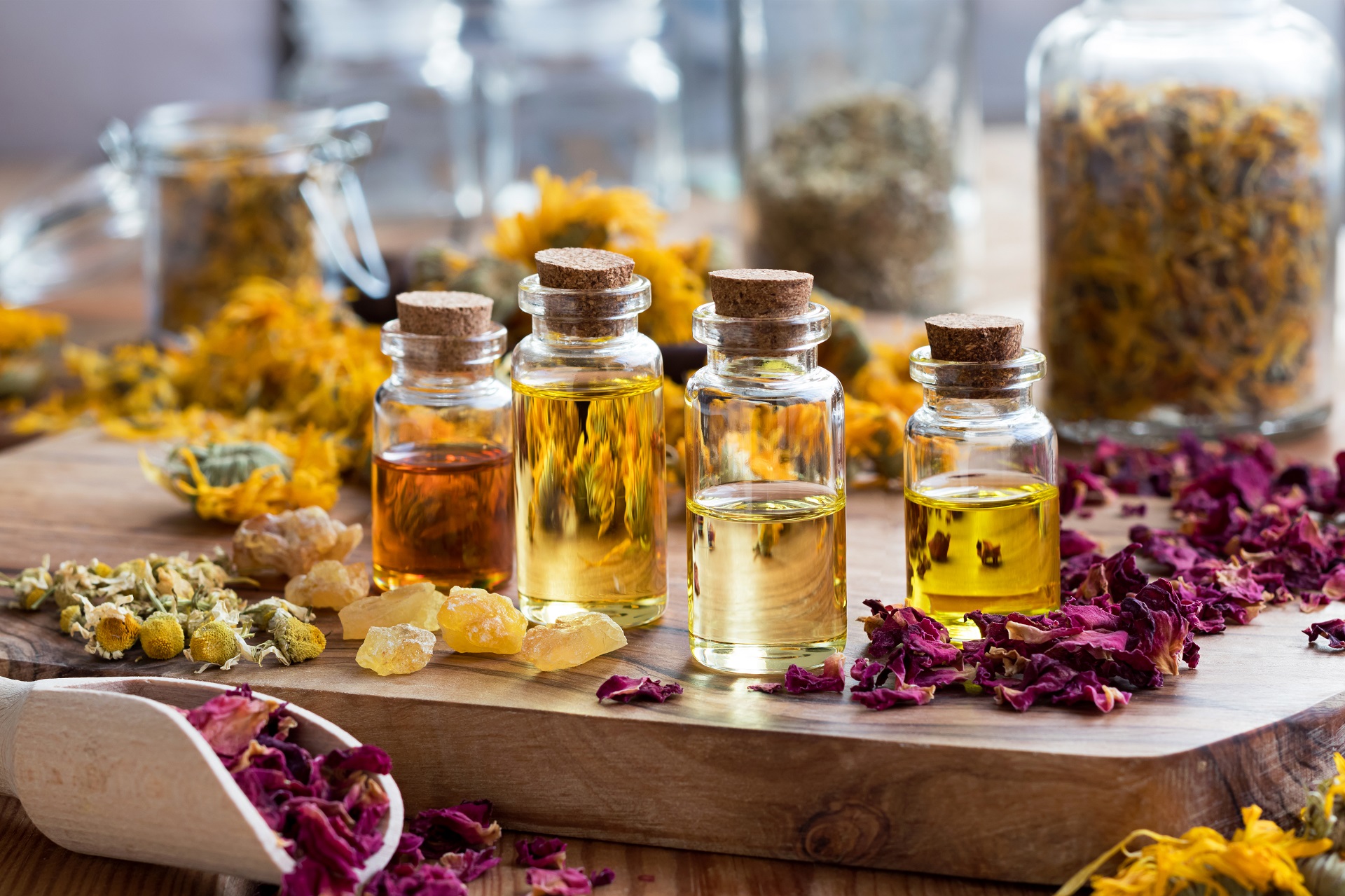

At Aria Dental, we strive to offer advanced dental services as well as selected products that support optimal levels of oral health for our patients. We would like to introduce you to a product called Hyperbiotics , a probiotic that specifically targets the mouth by improving oral health and freshening your breath. A special blend of Hyperbiotics called Pro-Dental helps to improve halitosis or bad breath, reduce oral inflammation associated with gum disease, reduce the risk of cavities, neutralize the acid in the oral cavity, and repopulate the oral microbiome by balancing good bacteria in the mouth.
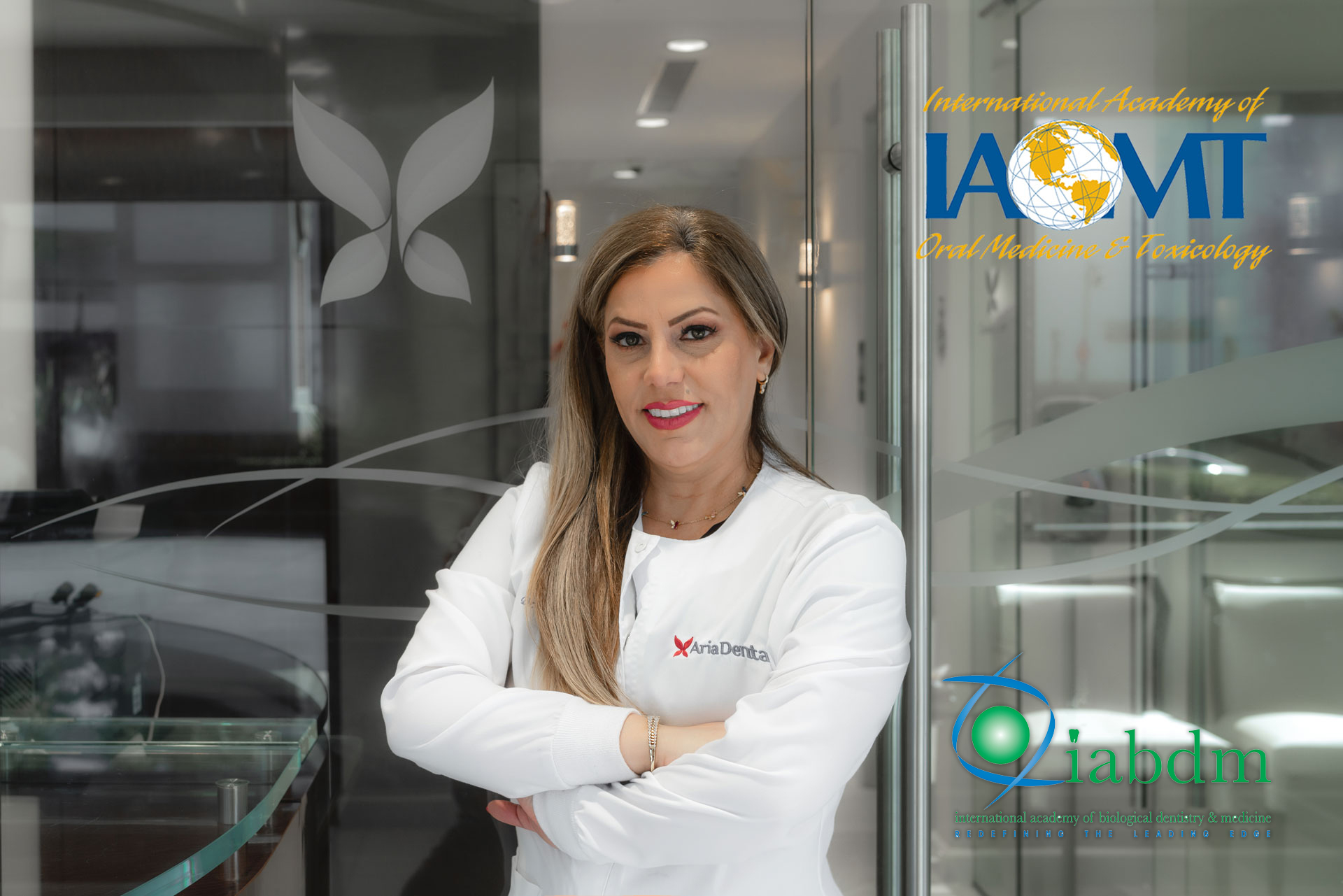
Premier Holistic & Biologic Dentist
Our patients feel very contented while getting treatment from Dr. Maryam Horiyat, family, cosmetic, holistic, and biological dentist. The loyalty of our patients is the outcome of their trust; the foundation of their trust is Dr. Horiyat who believes in making lasting impressions with her meticulous and genuine personality, attention to detail, and exceptional care.
Why Trust Our 5-Star Holistic Center?
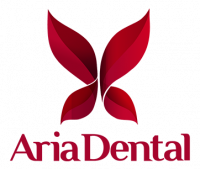

- Our Elite & Certified Biological Dentist with Advanced Training & Experience
- Our Exceptional Zirconia Implant Specialist & Oral Surgeon
- Our Outstanding Success Rate & Life-Changing Stories
- Our Holistic, Biological, and Biomimetic Approaches
- Our Personal Attention & Highest Standards
- Our Safe Materials from Highly Reputable Companies
- Our Comfortable and Safe Sedation Options
- Our Modern and Innovative Technology
